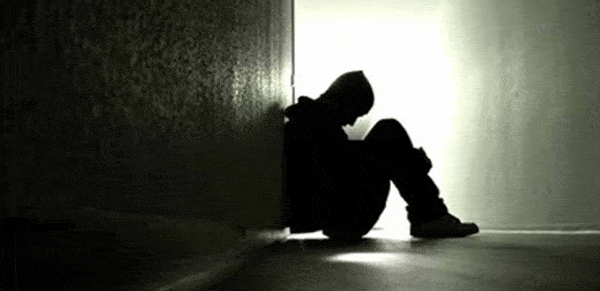 Being “saved” by God is an ongoing process of growth and transformation, of dying and rising, of being “conformed to the image of his [God’s] Son,” as Paul puts it (Rom. 8:29). Following Jesus means experiencing the taste of resurrection and ascension now—whether doing laundry, paying bills, or leading nations.
Being “saved” by God is an ongoing process of growth and transformation, of dying and rising, of being “conformed to the image of his [God’s] Son,” as Paul puts it (Rom. 8:29). Following Jesus means experiencing the taste of resurrection and ascension now—whether doing laundry, paying bills, or leading nations.
Getting there is all about dying, and each cycle of dying and rising we come to in our lives brings us, I believe, to greater insight into our deep selves, where Christ lives “in us” and our lives are “hidden” in God [Colossians 3:3].
Of course, we all know that dying, rising again, Christ in me, hidden in God, and seated in heaven are metaphors—the use of common language to grasp the uncommon, a reality too deep and thick for conventional vocabulary. Following Jesus is an inside-out transformation so thorough that dying and coming back to life is the best way to put it.
Doubt signals that this process of dying and rising is underway. Though God feels far away, at that moment God may be closer than we realize—especially if “know what you believe” is how we’re used to thinking of our faith.
Doubt isn’t cool, hipster, or chic. Doubt isn’t a new source of pride. Don’t go looking for doubt; don’t tempt it to arrive out of time. But neither is doubt the terrifying final word.
Doubt is sacred. Doubt is God’s instrument, will arrive in God’s time, and will come from unexpected places—places out of your control. And when it does, resist the fight-or-flight impulse. Pass through it—patiently, honestly, and courageously for however long it takes. True transformation takes time.
Being conscious of this process does not relieve the pain of doubt, but it may help circumnavigate our corrupted instinct, which is to fear doubt as the enemy to be slain. Rather, supported by people we trust not to judge us, we work on welcoming the process as a gift—which is hard to do when our entire life narrative is falling down around us. But we are learning in that season, as Qohelet did, to trust God anyway and not to trust our “correct” thinking about God.
Doubt is divine tough love. God means to have all of us, not just the surface, going-to-church, volunteering part. Not just the part people see, but the parts so buried no one sees them.
Not even us.
from The Sin of Certainty, pp. 164-65

